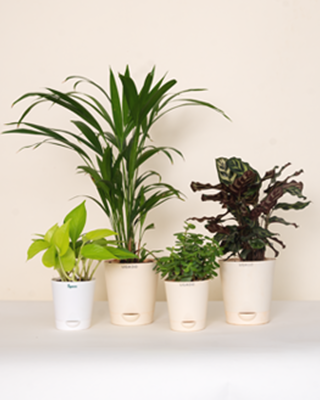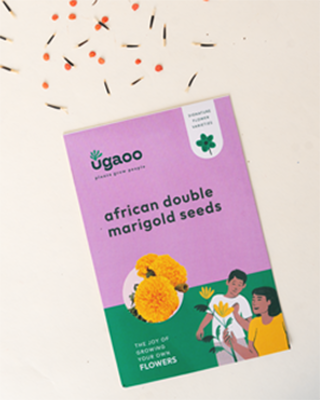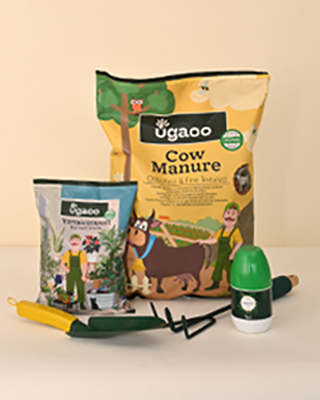• What is Composting?
Essentially, the easiest way to understand the answer to "how does composting work" is by understanding its definition - “the aerobic breaking down of organic materials by a variety of microbes and even larger organisms to produce nutrient rich fertilizer that is also called Black Gold.”
• How Does Composting Work

We’re sure that many of you have asked this question time and again, sometimes even when you’re carrying out the activity. How do all these seemingly wasted leftovers become such nutrient-rich humus that works wonders for the growth of plants?
Well, it isn’t as complicated a process as you might think and it also is entirely natural process (decomposition) – something that could and would take place even without our help. But what we do in the composting process is speed it up so we can get faster results.
Ready to delve a little deeper into the world of composting? Don’t be afraid to get your hands a little dirty!
• The Two Primary Stages of Composting Processes
1. Aerobic Composting Process

Aerobic bacteria begins the composting process. Undoubtedly the most important step in composting is the beginning. It is carried out by microscopic organisms that start the decaying of the organic matter. This is done by oxidizing or burning up organic matter with the help of oxygen, to produce carbon, which is their source of energy.
This process heats up the organic compost pile while also producing plant nutrients such as nitrogen, phosphorus, and magnesium.
However, it is paramount for the oxygen levels to remain above 5 percent or these bacteria will become inactive, and all their good work will be undone by anaerobic bacteria that produce toxic substances.
2. Microorganisms in Organic Compost

If the above process can be called chemical decomposition carried out by the bacteria, then this one can be called physical decay.
Large decomposers like spiders, centipedes, millipedes, snails, ants, beetles, earthworms etc. take part in composting by grinding, biting, chewing and mixing the remnants of the decomposed material.
Their secretions further bind the compost fertilizer material, giving it texture and taking it to its finished form. They add that final layer of nutrients that are so essential for the growth and development of plants.
Microbes and macrobes work together in this complicated composting process, while symbiotically assisting each other and turning organic waste matter into highly nutritious organic compost for your garden.
• Composting Tips: What Can You Do For Optimal Results?

Now that you have the know-how on what happens during the composting process, here are some tips to further smoothen it out:
- Remember to balance out the nitrogen-rich greens with the carbon-rich browns like leaves, wood chips, paper, etc.
- Keeping turning, digging and layering at regular intervals to ensure that enough oxygen is always present. Otherwise, your compost mix will begin to smell do to the work of anaerobic bacteria.
- Refrain from putting meat, bones or fatty foods into the mix, as they can be difficult to decompose.
- Finally, give the process a few months before you begin to use the compost fertilizer as a full-time garden fertilizer.
You can now produce the very best quality of compost right in your backyard, allowing your home garden to grow better than you ever imagined!
















